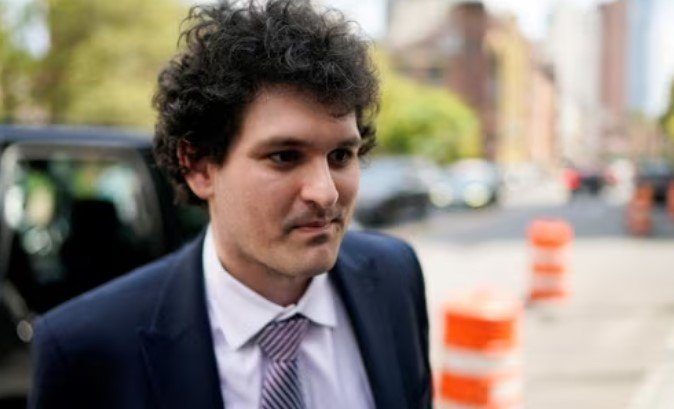Sam Bankman-Fried, the founder and former CEO of the cryptocurrency exchange FTX, was found guilty of all charges in a federal court in New York on Thursday. He was accused of defrauding his customers out of billions of dollars by secretly transferring their funds to a private trading firm he also controlled.

A pyramid of deceit built on lies and false promises
According to the prosecutors, Bankman-Fried orchestrated one of the largest financial frauds in history, involving wire fraud, securities fraud, and money laundering. He used FTX, which was once one of the most popular and innovative crypto platforms, as a front to funnel customer assets to Alameda Research, a hedge fund he founded and ran.
He then used the stolen funds to enrich himself and his associates, spending lavishly on luxury real estate, political donations, celebrity endorsements, and risky investments. He also lied to his customers about the financial health and security of FTX, which collapsed in November 2022 after a liquidity crisis triggered by a media exposé.
“This was a pyramid of deceit built by the defendant on a foundation of lies and false promises, all to get money,” Assistant U.S. Attorney Nicholas Roos told the court in his closing argument. “And eventually it collapsed, leaving countless victims in its wake.”
A star witness and a defiant defendant
The trial, which lasted more than four weeks, featured dramatic testimony from some of Bankman-Fried’s closest allies and former employees, as well as the disgraced entrepreneur himself. The star witness for the prosecution was Caroline Ellison, Bankman-Fried’s on-again, off-again girlfriend and the CEO of Alameda. She testified that Bankman-Fried “directed me to commit these crimes” and that he was fully aware of the illegal transfers and the risks they posed to FTX and its customers.
Bankman-Fried, who took the stand in his own defense, maintained his innocence and claimed that he acted in good faith and in the best interests of his customers. He admitted to making “large mistakes” in his management of FTX, such as failing to implement a risk management team and a compliance department. He also acknowledged that he never disclosed the relationship between FTX and Alameda to his customers, but he insisted that he did not intend to defraud them or harm them.
He tried to evade some of the prosecutors’ questions by saying “I don’t recall” or “I don’t remember”, but he was confronted with evidence from his own statements, emails, and messages. He also faced scrutiny over his appearance and public persona, which the prosecutors suggested were part of his scheme to woo investors and customers. Bankman-Fried, who was known for his disheveled hair and casual attire, showed up in court with a haircut and a suit.
A verdict that could shake the crypto industry
The jury deliberated for only four hours before reaching a unanimous verdict, finding Bankman-Fried guilty on all seven counts. He faces up to 20 years in prison for each count of wire fraud and securities fraud, and up to 10 years for each count of money laundering. His sentencing date has not been set yet, but his lawyer said he would appeal the decision.
“We respect the jury’s decision. But we are very disappointed with the result. Mr. Bankman-Fried maintains his innocence and will continue to vigorously fight the charges against him,” Mark Cohen, Bankman-Fried’s lawyer, said in a statement.
The conviction of Bankman-Fried marks a major setback for the crypto industry, which has been struggling to gain legitimacy and regulation in the face of skepticism and scrutiny from authorities and regulators. Bankman-Fried was once a leading figure and a visionary in the crypto space, who pioneered innovative products and services such as decentralized finance, non-fungible tokens, and social tokens. He was also a philanthropist and a political donor, who gave millions of dollars to various causes and candidates.
His downfall could have a ripple effect on the crypto market, which has already been hit by volatility, hacks, scams, and bans in recent months. It could also deter potential investors and customers from entering the crypto space, or prompt them to seek more reliable and trustworthy platforms.






